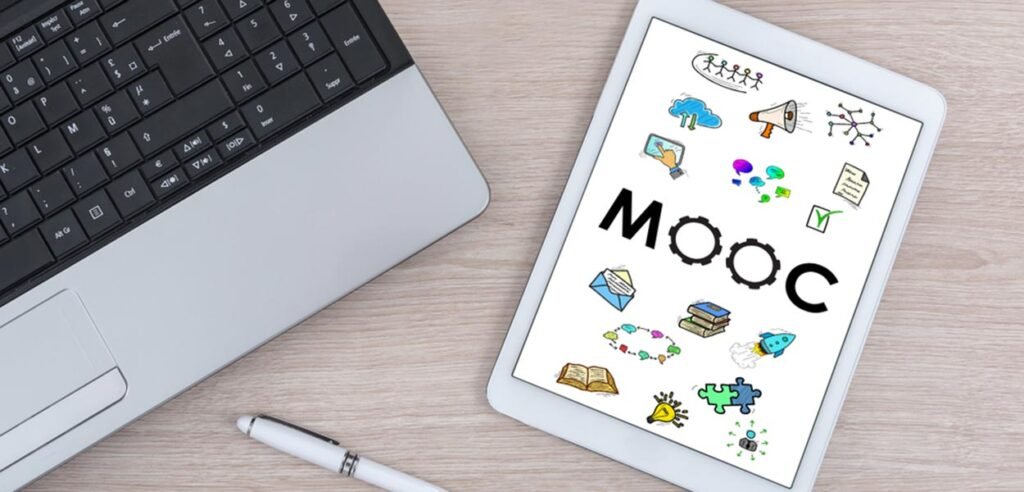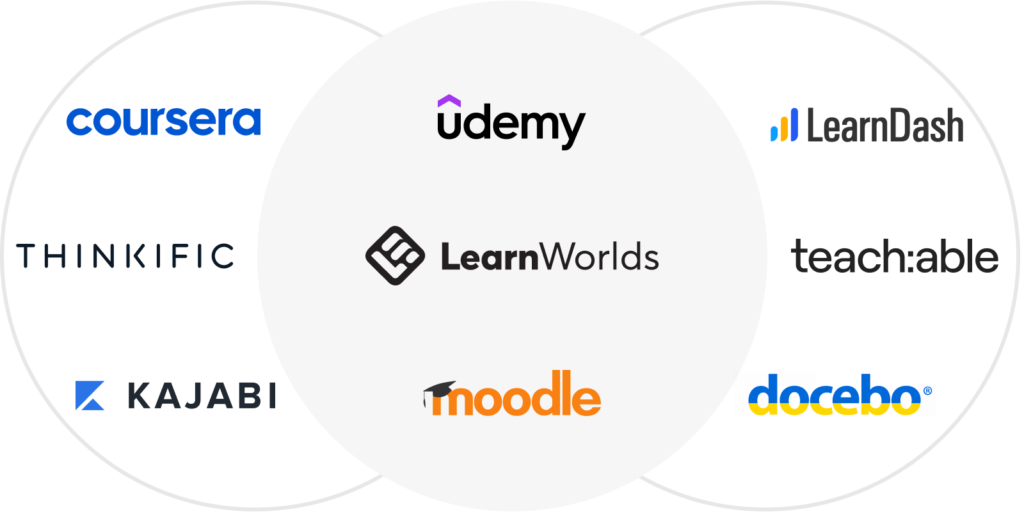The landscape of education is undergoing a revolutionary transformation, and at the forefront of this change are Online Learning Platforms and Massive Open Online Courses (MOOCs). In an era where connectivity is paramount, these digital platforms are reshaping how students access and engage with educational content. Let’s delve into the world of online learning, exploring the benefits, challenges, and the transformative impact it has on the modern student’s educational experience.
The Rise of Online Learning Platforms

The advent of the internet has democratized access to education, breaking down geographical barriers and providing a wealth of learning opportunities at our fingertips. Online Learning Platforms have emerged as a dynamic solution to cater to the diverse needs of students worldwide. These platforms offer a wide range of courses, from traditional academic subjects to specialized skills training, all accessible from the comfort of one’s home.
Accessibility and Flexibility:
One of the key advantages of online learning is its unparalleled accessibility. Students can access course materials, lectures, and assignments at any time, allowing for flexibility in their schedules. This flexibility is particularly beneficial for non-traditional students, working professionals, or individuals with diverse commitments who seek to advance their education.
Diverse Course Options:
Online Learning Platforms host a vast array of courses, spanning various disciplines and levels of expertise. Whether a student is interested in computer science, humanities, business, or the arts, there is a course available to suit their interests and career aspirations. The diversity of offerings allows learners to explore new subjects, gain specialized knowledge, or even complete a full degree program online.
Interactive Learning Tools:
Modern online learning goes beyond traditional lectures. Interactive learning tools, such as discussion forums, quizzes, and collaborative projects, facilitate a dynamic and engaging learning experience. These tools encourage active participation, fostering a sense of community among students who may be geographically dispersed.
Massive Open Online Courses (MOOCs): A Global Learning Revolution

Within the realm of online learning, MOOCs have emerged as a transformative force, redefining the scale and scope of educational reach. MOOCs are characterized by their open access, allowing an unlimited number of participants to enroll in a course for free or at a low cost. This model has revolutionized education by making high-quality content accessible to a global audience.
Global Reach and Inclusivity:
MOOCs bring together learners from diverse backgrounds, cultures, and geographic locations. Students can engage in discussions with peers from around the world, providing a global perspective and fostering a rich learning environment. This inclusivity promotes cultural exchange and a deeper understanding of different perspectives.
Cost-Effective Education:
The affordability of MOOCs is a game-changer for many individuals seeking higher education. While traditional degrees can come with significant costs, MOOCs often offer free access to course materials. Some platforms may charge a fee for certification or assessments, but the overall cost remains considerably lower than traditional education models. This affordability makes education accessible to a broader demographic, including those who may face financial constraints.
Self-Paced Learning:
MOOCs embrace a self-paced learning model, allowing students to progress through course materials at their own speed. This flexibility accommodates varying learning styles and preferences. Students can balance their studies with other commitments, whether they are working full-time, caring for a family, or managing other responsibilities.
Continuous Learning and Skill Development:
The rapid evolution of industries requires professionals to continually update their skills. MOOCs provide an avenue for continuous learning and skill development, allowing individuals to stay relevant in their fields. Whether acquiring new programming languages, mastering digital marketing strategies, or gaining leadership skills, MOOCs offer a plethora of opportunities for career advancement.
Challenges and Considerations
While online learning platforms and MOOCs bring numerous benefits, there are also challenges and considerations that warrant attention.
Technology Requirements:
Access to online courses requires a reliable internet connection and appropriate technology devices. While digital access is increasing globally, disparities in technology infrastructure can still pose challenges for some learners. Bridging the digital divide remains a priority to ensure equitable access to education.
Learner Motivation and Discipline:
Online learning demands a high level of self-motivation and discipline. Without the structured environment of a traditional classroom, students must proactively manage their time, set goals, and stay focused. Some learners may find it challenging to maintain the same level of engagement without the physical presence of instructors and peers.
Assessment and Credentialing:
The evaluation of student performance in an online environment requires innovative assessment methods. Credentialing and recognizing the achievements of online learners also pose challenges. While certificates of completion are common, there is ongoing exploration of ways to provide recognized credentials that hold weight in the job market.
Interaction and Social Learning:
Online learning lacks the face-to-face interaction found in traditional classrooms. Collaborative projects, group discussions, and networking opportunities are crucial aspects of the learning experience. Online platforms must continually explore ways to foster social connections among students to enhance the overall educational journey.
The Future of Education: A Hybrid Model
As online learning platforms and MOOCs continue to evolve, the future of education is likely to be a hybrid.


